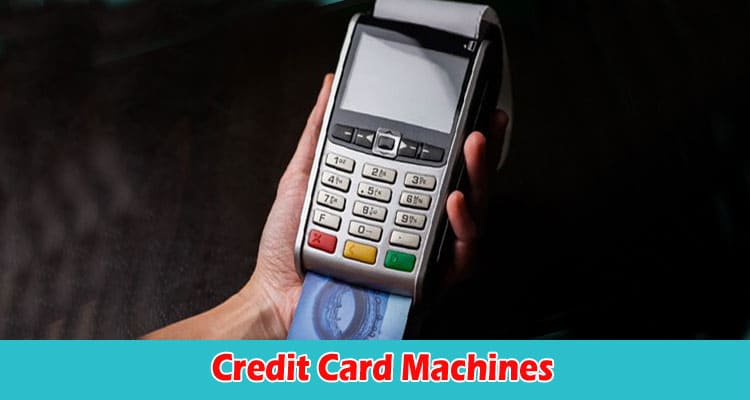If you’re in the market for a credit card terminal, it is important to ask about security measures. The credit card industry has a set of standards known as PCI (Payment Card Industry Data Security Standard) that all businesses must follow to protect their customers’ information. PCI requires that all businesses follow strict security practices when using credit card machines to process payments, as well as develop and implement processes to find and fix vulnerabilities. It also requires that all companies limit access to cardholder information on a need-to-know basis and create systems to ensure this happens.
While no system is foolproof, implementing these guidelines will minimize the risk of theft and fraud. These guidelines include encrypting cardholder data, limiting the number of people who have access to sensitive information and not sending unprotected account numbers over public networks such as email, instant messaging, text or other end-user messaging technologies. These technologies are easier to hack into than a business network and can result in unauthorized transactions on the customer’s account.
In addition to these security guidelines, a business must implement the latest technology in order to best prevent fraud. One example is the EMV chip card, which replaces magnetic stripe cards with a small microchip that authenticates the transaction and makes it nearly impossible to counterfeit. This technology has been rolled out in countries around the world and has significantly reduced fraudulent transactions.
Another method to prevent credit card fraud is tokenization, a process that replaces a real card number with a unique representation of the card’s data. This new number is sent to your payment processor and stored in a virtual vault where only the payment processor can read it. This eliminates the need to send the actual card number through public networks and makes it much more difficult for hackers to intercept.
The best way to protect yourself is to regularly check your bank or credit card statement. This is particularly important when purchasing goods or services online and may help you catch suspicious transactions before they are posted to your account. For instance, 1st United offers a free text alert service that can notify you of any unauthorized activity on your card. This allows you to contact the card issuer and stop any potential unauthorized transactions before they are finalized.
Other ways to protect yourself include staying in public view, using machines that have security monitoring and avoiding suspicious behavior. For instance, if a machine looks tampered with in any way, it is generally a good idea to use a different machine and to report the suspicious behavior immediately to authorities. It is also a good idea to only use cards that are in your possession, and to avoid public Wi-Fi where possible. This will reduce your exposure to hackers who may have hacked into local Wi-Fi hotspots to capture card details.







